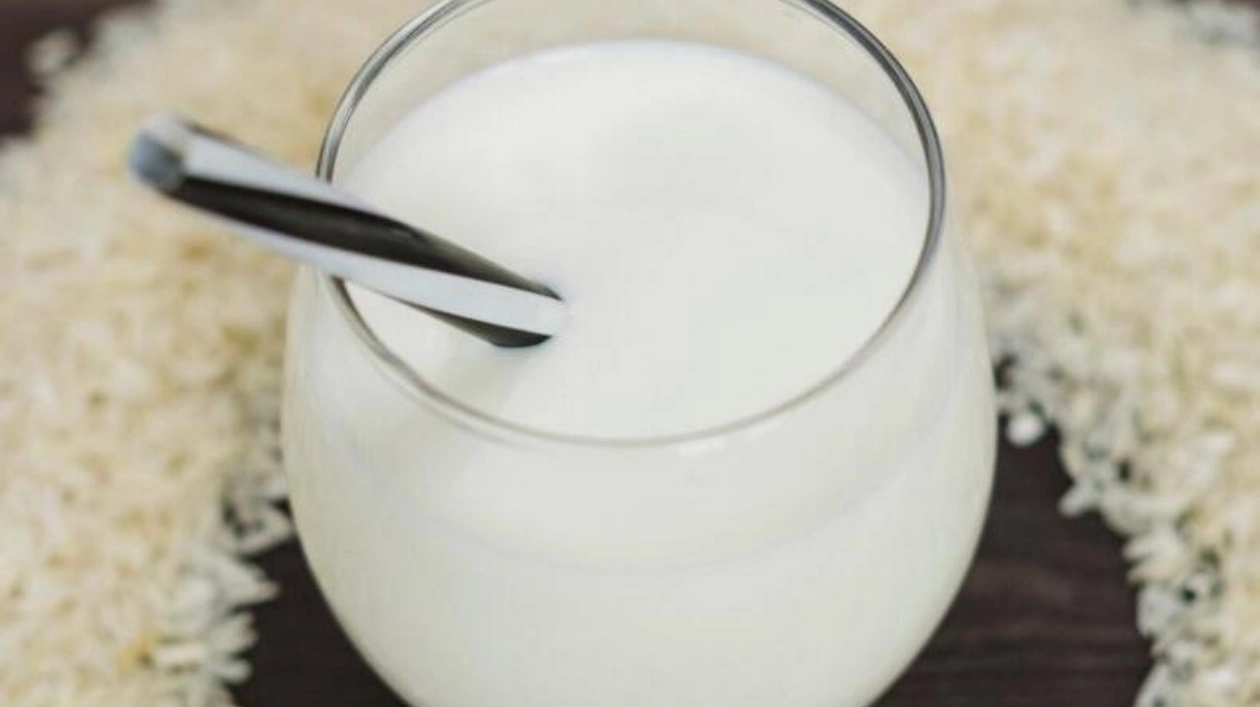Embarking on a weight-loss journey and eager to accelerate the process? Chances are you've delved into research, encountering mentions of weight-loss drugs like Ozempic and Mounjaro, as well as TikTok trends such as 'rice-zempic'. What exactly is rice-zempic? It's the newest social media craze, touted by content creators as a natural method to curb appetite and facilitate weight loss. The recipe, as shared across social media platforms, involves soaking raw rice in water for anywhere from five minutes to overnight, adding a splash of lime juice, and consuming it first thing in the morning.
Avonna Sunshine, a US-based beauty influencer, shared her experience with Good Morning America, stating that she tried the trend to slim her waistline. 'I already use rice water for other purposes like skincare and hair growth,' she explained. 'So I didn't see any harm in trying it.' She further noted, as reported by abc News, 'It did reduce my appetite. Initially, I didn't pay much attention, but over the following days, I noticed I was eating significantly less.'
However, medical professionals caution against its efficacy as a substitute for FDA-approved weight-loss drugs. Dr. Nate Wood, the director of culinary medicine at the Yale School of Medicine, highlighted in an abc news interview, 'Medications target the appetite center in the brain—both short and long term, we lack data supporting these resistant starches as effective weight-loss aids, especially in clinically significant amounts.' Sakina Mustansir, a dietician at Prime Hospital in Dubai and Abu Dhabi, adds, 'Rice-zempic is merely a fad. There's no evidence that starch water influences weight loss. Its only potential benefit might be a temporary feeling of fullness, similar to drinking plain water with lemon before meals.'
The consumption of rice water isn't novel; in Asian countries like India and China, many people drink this starch-rich liquid, typically strained from boiled rice. This water is rich in minerals and probiotics beneficial for gut health. Traditionally, as explained by Times of India, 'it was administered to children with gastrointestinal issues, particularly to alleviate diarrhea.' Known as torani, it's believed to provide hydration, essential nutrients, and a quick energy boost—ideal for cooling down in the summer. In Korea, rice water is celebrated for its numerous benefits, although it's primarily used in grooming rather than consumption, serving as a substitute for toner, face masks, hair rinses, and even bathwater.
Have you experimented with rice water yet?






